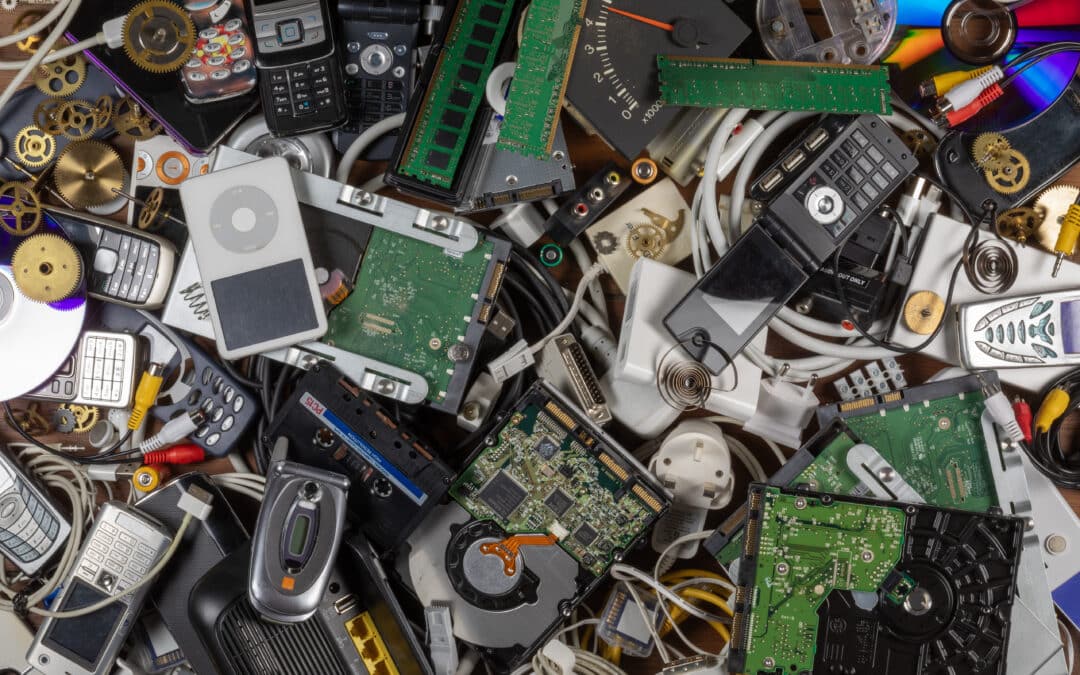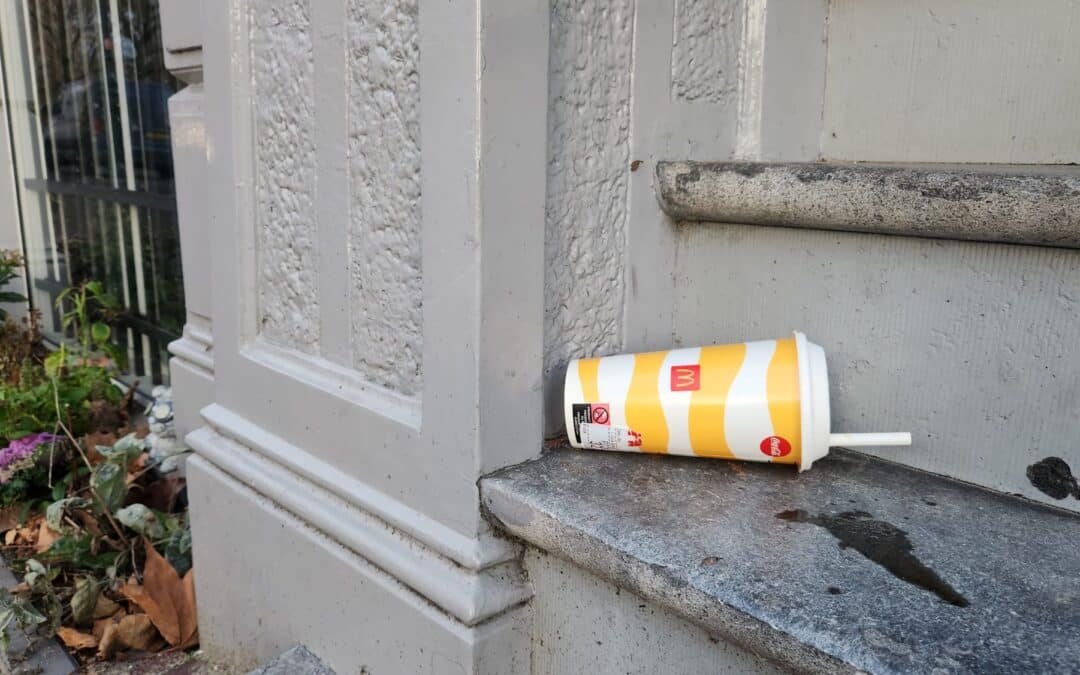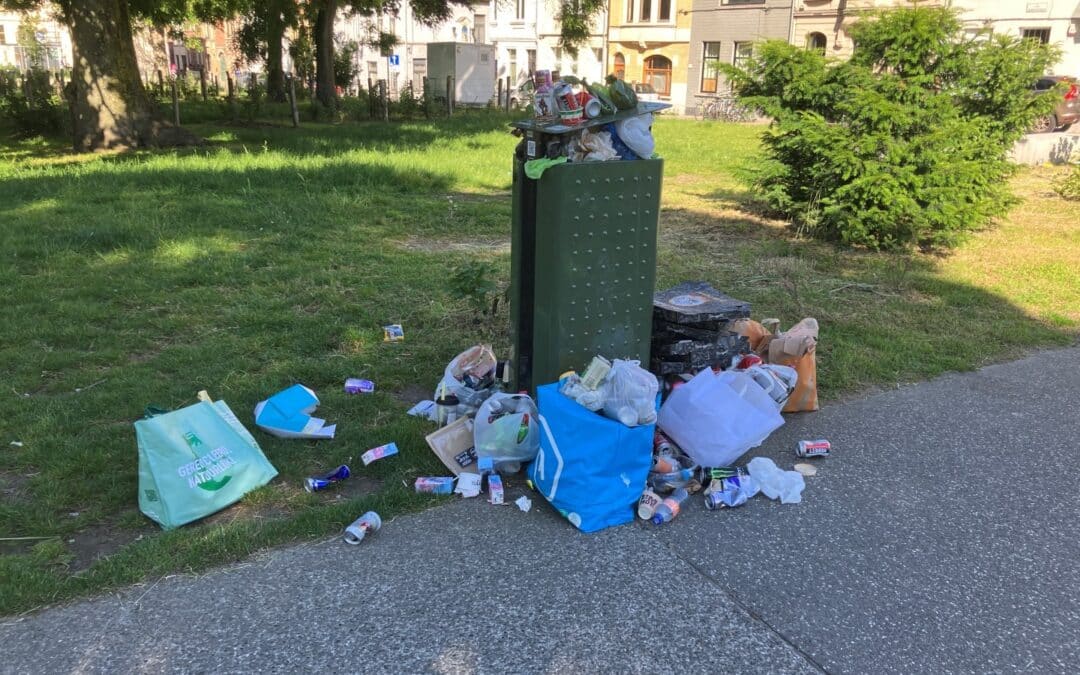[PRESS RELEASE, 17/07/2025]
The Belgian packaging industry is outraged about the introduction of a new €102 million litter levy. It conveniently forgets to say that its successful lobbying has already earned it no less than €465 million. Money that the sector saved at the expense of local governments and society. Fair Resource Foundation takes stock.
A contribution to cover litter costs in Belgium
The litter levy is not just a tax for packaging producers. It aims to cover the societal costs generated by packaging that ends up in litter, following the “polluter pays” principle. Producers thus assume responsibility for the packaging waste they place on the market. This levy does not come out of nowhere: it is regulated by European legislation. The Single-Use Plastics Directive (SUPD) has made this contribution mandatory for SUP-products since January 2023, and the Packaging and Packaging Waste Regulation (PPWR) proposes it as a solution for all types of packaging.
In Belgium, this fee has been under discussion for a long time: negotiations around this interregional agreement on the costs associated with littering (” CA EPR / Litter “) have been ongoing since 2022 between the three regions. As is often the case, reaching an agreement within and between the Belgian regional governments has not been easy. The Flemish government approved the text this Tuesday, and the Walloon and Brussel governments are due to approve it today.
The agreement is all the more difficult to reach given that the packaging industry has multiplied its delaying tactics in recent years (in 2023, 2024 and this Tuesday). And this opposition has been successful: the industry has already saved more than 465 million euros. Let’s break this figure down:
- The first proposal for an agreement planned a contribution of 189 million euros per year for packaging, starting in 2023.
- This amount was reduced to 112 million during a second reading, and now stands at 102 million. Annual savings for the sector from 2025 : 87 million euros ;
- The fee was originally due to be paid from 2023. Due to delays and changes, mainly due to industry lobbying and political disagreements, its application has been postponed to 2025. And the sector still dares to talk about “unpredictable timing“, even though it has been aware of this fee for more than two years…
Savings for 2023 and 2024 : 378 million euros (2 x 189 million) ;
Total savings for the sector: €465 million. This lobbying is particularly profitable… at the expense of local authorities and society as a whole.
Industry wins, society loses
It’s not just about what the packaging industry gains, but mainly about what public authorities lose: municipalities, waste intercommunales, provinces, and organizations like Be WaPP. In Flanders, for example, local authorities will have to pay around €91 million out of pocket each year. This represents 56.07 % of the total cost of litter. A cost that will be similar or even higher in Wallonia.
This means fewer resources to clean our streets, parks, fields and waterways. Less budget to hire staff, improve infrastructure, strengthen control and enforcement, conduct campaigns, and clean up illegal dumping.
And while these costs remain born of local authorities, they are often passed on to citizens through higher municipal taxes or reduced services, due to a lack of other funding.
Let’s be clear: what industry gains, is a loss for public authorities and citizens.
Financial contribution or structural solution
Ironically, the sector has not only been opposing this financial contribution. It has also been opposing tried and tested structural solutions such as bans on single-use packaging or a deposit system for cans and bottles… for years. All the while such systems have significantly reduced the share of beverage packaging in litter in 18 European countries, including a reduction of up to 80% in our Dutch neighbours .
As long as the Belgian packaging sector continues to block structural and effective solutions, it cannot decently complain about higher costs than in neighboring countries. In Belgium, alternatives such as The Click, awareness-raising, fines, and Be WaPP’s clean-up actions have so far had no structural effect. They are useful for raising awareness among citizens, but remain incomparable to effective structural measures such as the introduction of a deposit system.
Of course, if such a system were implemented and would effectively reduce the number of discarded packaging and the associated costs for local authorities, this fee could be reduced. This is what is planned for in the new interregional agreement introducing this fee.
If the industry really wants to see this fee reduced, it knows what it needs to do: invest in a real solution, not in diversion.
[END PRESS RELEASE]
Press contact: Chloé Schwizgebel, Project Coordinator Packaging
Fair Resource Foundation
+31 6 43288231
Related Tags

Stichting OPEN misses opportunities to accelerate the circular transition in its application for a general binding declaration
This article analyzes the new AVV request by Stichting OPEN for e-waste, showing persistent failure to meet collection targets, producer-dominated governance, and minimal focus on reuse and lifetime extension in the 2025–2030 Action Plan. It also questions the AVV instrument’s effectiveness and the limited influence of stakeholders in the consultation process.

Customers pay the bill for McDonald’s pollution
For two years now, all hospitality establishments in the Netherlands have been required to serve food and drinks for on-site consumption in reusable packaging. However, since the summer of 2024, McDonald’s Netherlands has been violating the law by offering single-use cardboard cups with plastic coating in its restaurants. As a result, the country’s largest fast-food chain is not only non-compliant and wasting resources, but is even making customers pay extra by charging a fee for these single-use cups.

Where and why: financing of the plastic waste trade
In our previous article, we provided a wide overview of the size and importance of international plastic waste (PW) trade. Subsequently, in this piece, we will shed light on why plastic waste trade is such a profitable sector and which are the incentives to perform this business outside of legality.

